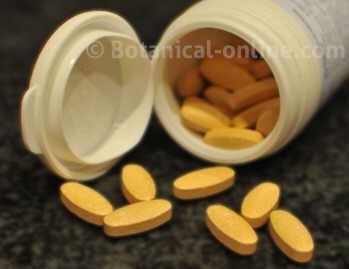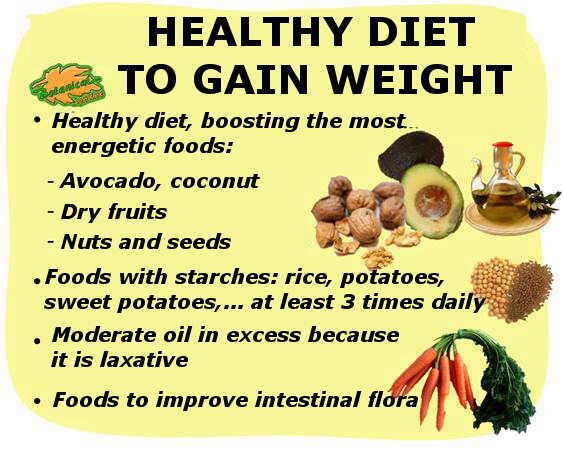Contents
- 1 Dangers of herbal supplements, vitamins and minerals
- 1.1 Do food supplements have contraindications?
- 1.2 Dangers of supplements
- 1.3 Contraindications of vitamin and plant supplements
- 1.4 Postponing proper treatment
- 1.5 Importance of consulting with a healthcare professional
- 1.6 False safety of taking supplements
- 1.7 Is it necessary to take supplements?
- 1.8 What dose of supplement to use?
Dangers of herbal supplements, vitamins and minerals
Do food supplements have contraindications?

Supplements of medicinal plants, vitamins and minerals are regulated as food supplements. In other words, they are not legally considered dangerous or toxic because the nutrients they contain are naturally present in all foods.
However, the use of over-the-counter vitamin, plant, or mineral supplements is not without significant dangers.
Dangers of supplements
This article mentions the main contraindications and dangers of the following types of supplements:
- Vitamin supplements and multivitamins
- Mineral supplements
- Medicinal plant supplements
- Contraindications in pregnancy and lactation
- Poor quality supplements
Contraindications of vitamin and plant supplements
Most nutritional supplements do not have important contraindications, because the body itself has mechanisms to self-regulate the absorption, assimilation or elimination of these nutrients.
For example, protein (collagen), folic acid, vitamin B12, vitamin C, potassium, or other mineral supplements have no major contraindications. The main problems or dangers that taking supplements can cause are:
- Postponing proper treatment
- Taking supplements without consulting a healthcare professional
- Using a supplement in wrong doses
- Need to take supplements; and diet?
- False security
Postponing proper treatment
Many people, at the first symptoms of an illness (such as malaise, fatigue, hair loss or forgetfulness, etc.) use supplements of vitamins, minerals, proteins or medicinal plants to feel better, without consulting a health professional.
Using supplements without medical advice may not be effective and may also be dangerous, as postponing proper treatment may complicate or slow down subsequent recovery.
Importance of consulting with a healthcare professional
In case of symptoms of discomfort, it is recommended to consult a doctor to assess the most appropriate treatment based on a correct diagnosis. You should see a doctor again if the symptoms become chronic, do not improve or if they worsen.
The main drawback of nutritional supplements is that they are sold in all kinds of establishments, where, on many occasions, the personnel who attend do not have the necessary medical or health training.
False safety of taking supplements
There is a belief that supplements compensate for bad eating habits, sunbathing too much, drinking alcohol, or any other toxic habit. For example, it is common for people to think that if they take vitamin C, smoking is less bad.
That idea is totally wrong: neither a pill nor a plant can compensate, nor fix, the daily consumption of harmful substances.
The first approach to health is a healthy diet, physical activity, good sleep, avoiding stress and toxins. Without these fundamentals, taking supplements is not making you healthy.
- Supplements do not compensate for the harmful effects of a bad diet, sedentary lifestyle, tobacco, alcohol, sunbathing, etc.
Is it necessary to take supplements?
At other times, the strategy of using supplements can be counterproductive for our economy. We must not forget that what is really nutritious is food. In our diet there are already foods with a very high nutritional value, whose consumption far exceeds the vitamin or mineral content of many supplements.
What dose of supplement to use?
There is a wide variety of nutritional supplements. The same vitamin can have a beneficial or toxic effect depending on the dose.
For this reason it is important to know what dose of vitamin is correct. This will ensure that we carry out a really effective treatment and will also avoid health problems due to vitamin toxicity.
There are supplements that can be toxic, such as vitamin E in excess, others that are not recommended, such as isoflavones, and others that are ineffective, such as many poor quality herbal supplements.
*Related information:
– How to buy a good probiotic supplement?
– Contraindications of food supplements
![]() More information on properties of vitamins
More information on properties of vitamins








